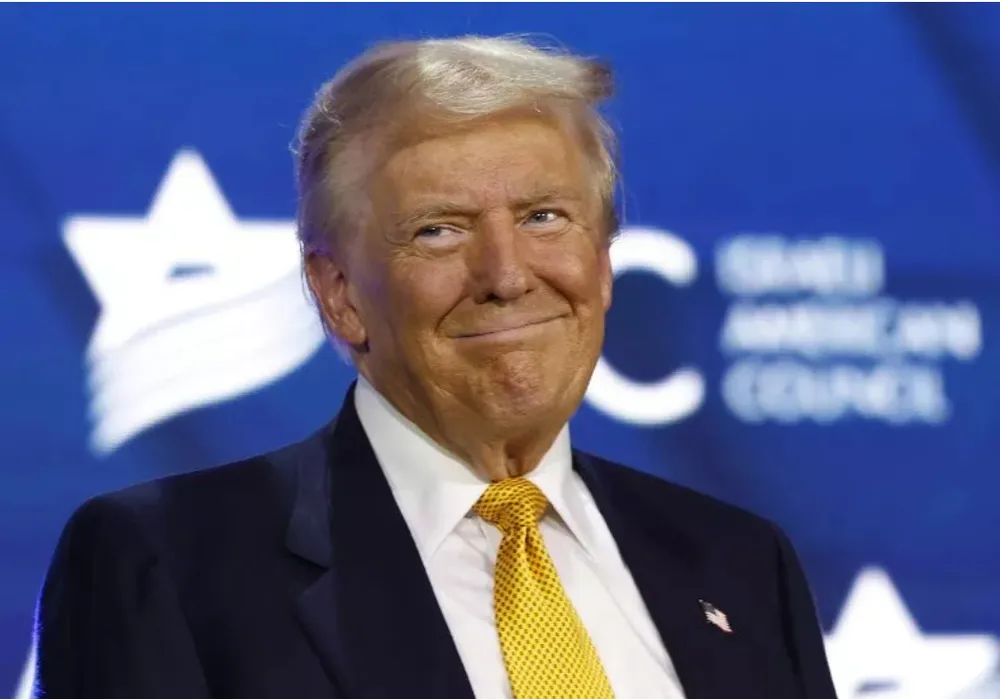
In the wake of increasing cuts to research funding and the dismantling of government agencies under the administration of former President Donald Trump, a group of European countries is setting out on an ambitious mission: to attract top-tier researchers from the United States. This effort, a response to what some see as the growing vulnerability of academic freedom and research integrity in the U.S., is being led by twelve European Union (EU) countries that have recognized an opportunity to offer safe and stable environments for scientists fleeing the political turmoil in America.
According to a report by Politico, these twelve governments have called for an “attractivity boom,” an initiative aimed at bringing talented individuals from abroad who may be suffering from the erosion of research freedom and the negative impacts of funding cuts. The statement, which was part of a letter sent to the European Commission, highlighted that these efforts were necessary in order to counteract a broader trend of undermining academic institutions and scientific integrity in the U.S.
While the letter does not specifically mention the U.S. by name, it indirectly references the country’s political climate, stating that "freedom of science can be put at risk anywhere and at any time."

The root of this situation can be traced back to Trump’s presidency, which was marked by aggressive attempts to restructure and reduce the size of the federal government. One of Trump’s first actions upon taking office was to establish the Department of Government Efficiency, an initiative aimed at cutting government waste.
The result was the dismantling of many key scientific and public health agencies, including the National Institutes of Health (NIH), the Centers for Disease Control and Prevention (CDC), and the National Weather Service (NWS). These agencies, which had long been at the forefront of scientific research and policy-making, faced significant staff reductions, budget freezes, and a freeze on grants.
In the name of fiscal conservatism and efficiency, Trump justified these cuts as necessary to save taxpayers trillions of dollars, but the consequences for the research community were devastating. Top scientists, researchers, and experts found themselves out of work, while many projects that were crucial for scientific advancement were abandoned or severely hindered.
The European Union, recognizing the potential for talent to be lost in this political and bureaucratic upheaval, has made a strategic move to woo some of the U.S.’s most skilled researchers. The twelve countries involved in this initiative include France, the Czech Republic, Austria, Slovakia, Estonia, Latvia, Spain, Slovenia, Germany, Greece, Bulgaria, and Romania.
These nations have collectively called for the creation of a welcoming environment for researchers who may be forced to leave the U.S. due to political pressures or diminishing opportunities. In particular, France's Research Minister, Philippe Baptiste, emphasized the urgency of this task, stating, “It is urgent ... to organize ourselves to welcome talents who would like or need to leave the United States.”
The efforts to bring researchers to Europe are not limited to government-level initiatives. Several universities across the continent have also expressed interest in recruiting U.S. scholars, particularly those who feel the pressure of increasing interference in their research or the threat of being stifled by the cuts in funding. The Free University Brussels (VUB), for instance, announced twelve open positions specifically targeting American researchers.
This move was a direct response to the challenges faced by scientists in the U.S., with the goal of providing them with an environment that fosters academic freedom and creative exploration.
In addition to this, French institutions such as Aix-Marseille University have launched programs designed to offer a "safe space for science." These programs are particularly geared toward American scholars who may feel threatened or hindered in their work due to the political climate in the U.S.

The focus of these initiatives is to provide researchers with the opportunity to continue their work in a secure environment, free from the pressures that have been growing in the U.S. over the past few years.
At the heart of this initiative is the recognition that research is a global endeavor, and scientific progress can suffer when talented individuals are forced to leave or abandon their work due to political interference. The EU’s proactive stance on this issue signals a commitment to protecting the integrity of scientific research and supporting those who dedicate their careers to advancing knowledge and innovation.
By offering these researchers new opportunities in Europe, the EU hopes not only to safeguard their work but also to ensure that these professionals are given the resources and freedom they need to succeed.
The potential benefits of this strategy go beyond just helping U.S. researchers. The influx of talent from around the world would undoubtedly enhance Europe’s standing in the global scientific community. As these researchers bring their expertise and innovative ideas to European institutions, they will contribute to the development of new technologies, medical advancements, and groundbreaking discoveries.

In a time when collaboration between nations and institutions is increasingly essential to solving the world’s most pressing problems, the EU’s approach may well position Europe as a leader in scientific research for years to come.
Moreover, the initiative could serve as a model for other regions facing similar challenges. If successful, this effort to attract talent could inspire other countries and organizations around the world to create their own programs for retaining and recruiting researchers in the face of political instability and funding cuts.
By taking a stand in support of academic freedom and scientific progress, the EU is not only addressing a crisis within the U.S. but also sending a message that the value of research and innovation transcends political boundaries.
As the political landscape in the U.S. continues to evolve, it remains to be seen whether the changes under Trump will have a lasting impact on the country’s research infrastructure. However, the EU’s plan to offer a refuge for those affected by these changes provides hope for many researchers who may feel that their future in the U.S. is uncertain.
For these individuals, the European Union is offering more than just a place to work—it is offering a renewed sense of security and the promise of continued intellectual freedom.
In the coming years, as European countries continue to make strides in their efforts to welcome U.S. researchers, it will be interesting to see how this exchange of knowledge and talent will reshape the global research landscape. What is clear is that the EU’s bold move could serve as a lifeline for those affected by political shifts in the U.S., ensuring that critical research and scientific innovation continue to thrive in a new and supportive environment.
-1742526589-q80.webp)
-1742614459-q80.webp)

-1742812310-q80.webp)